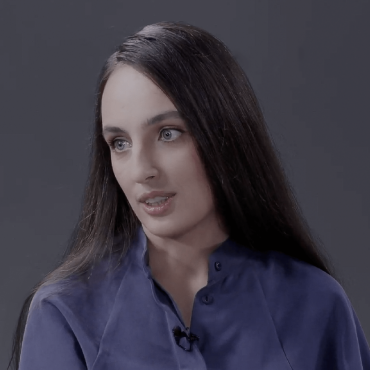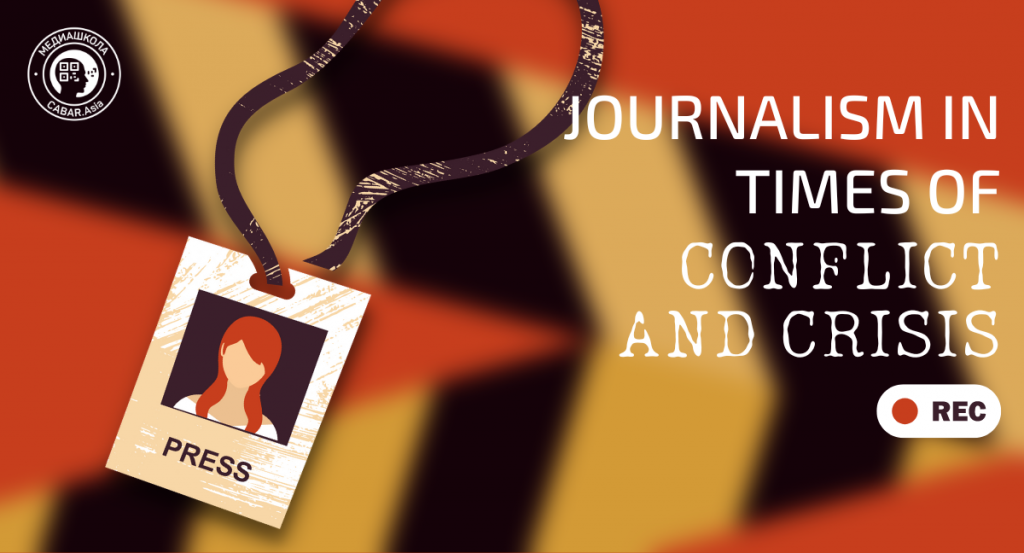What will you learn?
Program
-
Module 1
In the first module, you will learn how to prepare for a business trip to a conflict zone: what documents and items you need when working in a crisis zone. What is risk management, how to choose the right clothes, and equipment?
-
Module 2
This module is dedicated to traveling to a conflict zone. You will learn how to assess road safety, behave properly at checkpoints, cross front lines, and travel between population centers. You'll also figure out how to get into a country plagued by war, crisis, or natural disaster. What does it take to find housing, connection, and transportation in times of crisis?
-
Module 3
In the third module, you will learn how to properly interview war participants or casualties. What is retraumatization and how to avoid it? Short and long interview techniques. Choosing the needed place, time, and language of the conversation
-
Module 4
Information verification in times of crisis. Where does false information come from? Rumors, moral panic, propaganda. How to assess the credibility of information. Basic concepts of OSINT (open- source intelligence)
-
Module 5
The physical and psychological safety of a journalist in conflict zones. In the fifth module, you'll learn how to assess your own well-being. The mode of work, rest, sleep. What is the optimal length of a mission in conflict zones, what is post-traumatic stress disorder and how to avoid it? You'll also get information on resources that help journalists working in extreme conditions
-
Final Test
Instructors

Elena Kostyuchenko
Feedback on “Journalism in Times of Conflict and Crisis”




